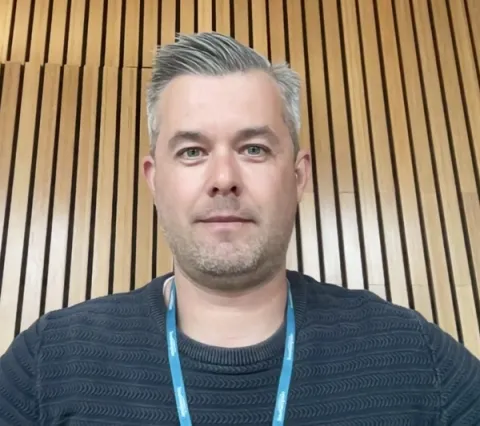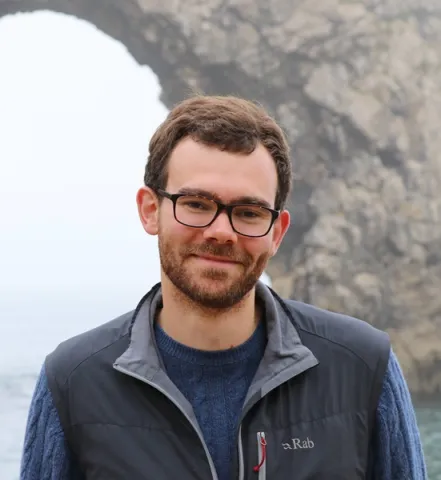About the project
This project will explore how growth plate fusion influences the mechanobiology and health of the knee during and following elite training in the military.
During adolescence, dramatic changes within the growing limb effect the limb function and health. Poor understanding of mechanisms hinders our ability to protect individuals from injury during training and chronic disease. Clinical expertise in military health services and bioengineering expertise in universities will reveal how forces shape healthy limb maturation and design means to protect.
Using imaging in a young cohort entering the military will enable us to protect them against immediate injury during training and understand their likelihood to get progressive disease later in their careers. These data will guide a unique set of experiments that will model the changes in the adolescent limb in the laboratory. Here we grow human cartilage and bone. Using the shapes of the human limb we will grow models of the epiphysis and apply mechanical forces to them to dissect the molecular, cellular and organ level mechanophysiology of the adolescent limb and origins of disease.
You'll work with cutting edge bioengineering approaches, associated with basic science programs at the university of Southampton in biological sciences supported by engineers. They can draw on mathematical, engineering and biological approaches to devise the right models to understand how the shape of new bone, influences healthy growth. You'll directly work with a supervisor in the Defence Medical Rehabilitation Centre Stanford Hall who uses longitudinal studies, with a view to the prevention of injury and osteoarthritis in military cohorts and interact with a UK-wide network of scientists run through University of Oxford. You'll draw on human data to inform laboratory models, work between clinical and experimental approaches and lean on academic experience to reduce risks of injury, reduce the burden of osteoarthritis and understand the risks and benefits of exercise in growing, serving humans and the wider ageing civilian population.
In addition to the University of Southampton supervisory team, this project includes Dr Oliver O'Sullivan as external supervisor.

